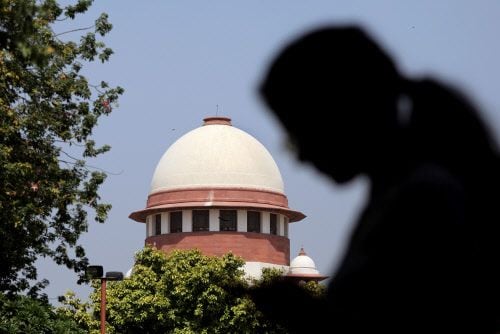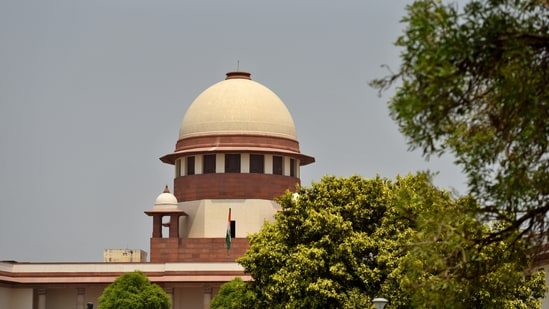The Supreme Court of India has directed lower courts to refrain from passing orders on petitions seeking surveys of mosques, a move aimed at maintaining judicial restraint amid sensitive communal matters. The directive comes in response to a spate of pleas demanding archaeological or videographic surveys of various mosques, citing historical disputes.

Source:- bbc news
A bench led by Chief Justice of India emphasized the importance of judicial prudence in dealing with matters that could have wide-ranging social and political ramifications. The court noted that such surveys, often sought under the pretext of uncovering historical truths, risk exacerbating communal tensions and could disrupt public order.
Source:- news 18
This intervention by the apex court is seen as a step towards preventing misuse of the legal system for political or sectarian agendas. The bench urged that disputes related to places of worship be addressed cautiously, adhering to the principles of the Places of Worship (Special Provisions) Act, 1991, which prohibits the alteration of the religious character of a place as it existed on August 15, 1947.
The move also comes in the wake of controversies surrounding surveys of the Gyanvapi Mosque and other historical sites. Lower courts had previously allowed such surveys, sparking debates over their implications on communal harmony.
Legal experts have welcomed the Supreme Court’s intervention, stating it underscores the judiciary’s role in safeguarding constitutional values and promoting social cohesion. However, some critics argue that it may limit the pursuit of legitimate historical inquiries.
As the nation watches, the Supreme Court’s directive sets a precedent for handling sensitive religious disputes, aiming to balance the pursuit of justice with the need for maintaining peace and order.
Share your views in the comments

